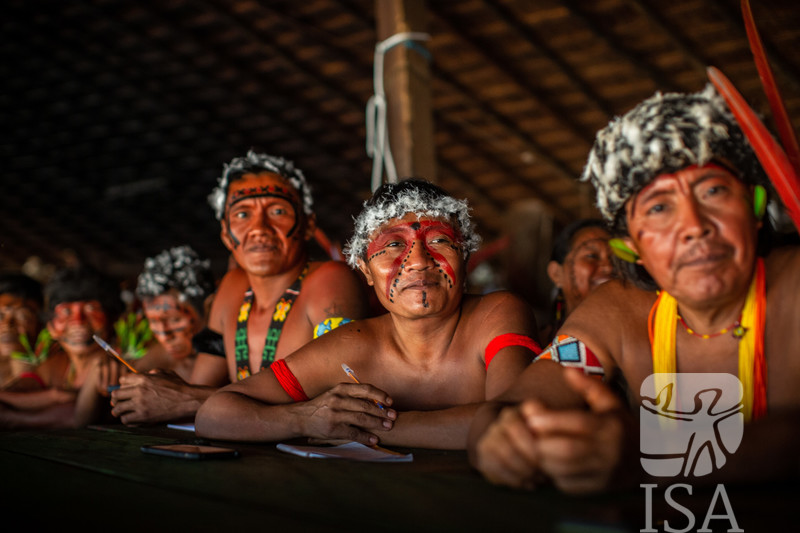Photo Credit: Chico Batata/Greenpeace
Brazil is facing increasing international pressure to uphold indigenous peoples’ rights. On Monday, July 20, the Inter-American Commission on Human Rights, part of the Organization of American States, issued precautionary measures calling on Brazil to present an effective strategy to address the COVID-19 pandemic in the Yanomami Indigenous Territory within the next 15 days.
The Commission understood the urgency of the situation, and the risk of irreversible damage to the Yanomami and Ye’kwana peoples given the lack of appropriate actions taken by the government to tackle the pandemic in their territory. In its analysis of the request for precautionary measures, which was published on July 20th, the Commission described the government’s duty to adopt necessary measures to protect the rights to health, life and personal integrity of the Yanomami and Ye’kwana indigenous peoples. The request for precautionary measures was submitted by the Hutukara Yanomami Association, together with the National Human Rights Council of Brazil.

The precautionary measures issued by the Commission call on the Brazilian government to implement preventative measures and provide quality medical care that takes into account the cultural specificities of the Yanomami and Ye’kwana peoples. The government strategy must be reported to the Commission within 15 days. “The Commission’s decision is important. It confirms that the Brazilian State is not fulfilling its obligations in combating COVID-19 in the Yanomami Territory, nor acting to remove the illegal miners invading their lands, bringing diseases and violence with them,” says Luiz Henrique Pecora, a lawyer working with Hutukara.
The Yanomami and Ye’kwana peoples are among the most vulnerable to the COVID-19 pandemic. Their lands are distant from urban centers and hospital infrastructure. But the biggest problem they face today is an invasion of some 20,000 illegal gold miners who roam freely in their territory without any measures taken by the state to control them. The miners travel between cities and the forest, potentially carrying the new coronavirus with them. Already, coronavirus cases have spiked in the communities closest to illegal mining areas.
The precautionary measures granted by the Commission are further proof that Brazil has not taken adequate measures to protect the Yanomami and Ye’kwana from the pandemic. It has not taken any action to remove the miners from the territory. Until now, the only action taken was a media-oriented trip organized by the army that was ineffective and severely criticized by Yanomami and Yek’wana leaders. So far, the Yanomami health district (DSEI-Y) has confirmed 136 cases of COVID-19 in the Yanomami Indigenous Territory.
Sign the Petition
Yanomami and Ye’kwana organizations are leading a big public campaign to remove the illegal miners from their territory. Join us in supporting them — add your signature to the petition, and help us get to half a million signatures, a number the government can’t ignore!
For more info and to add your signature, go here: https://MinersOutCovidOut.org








